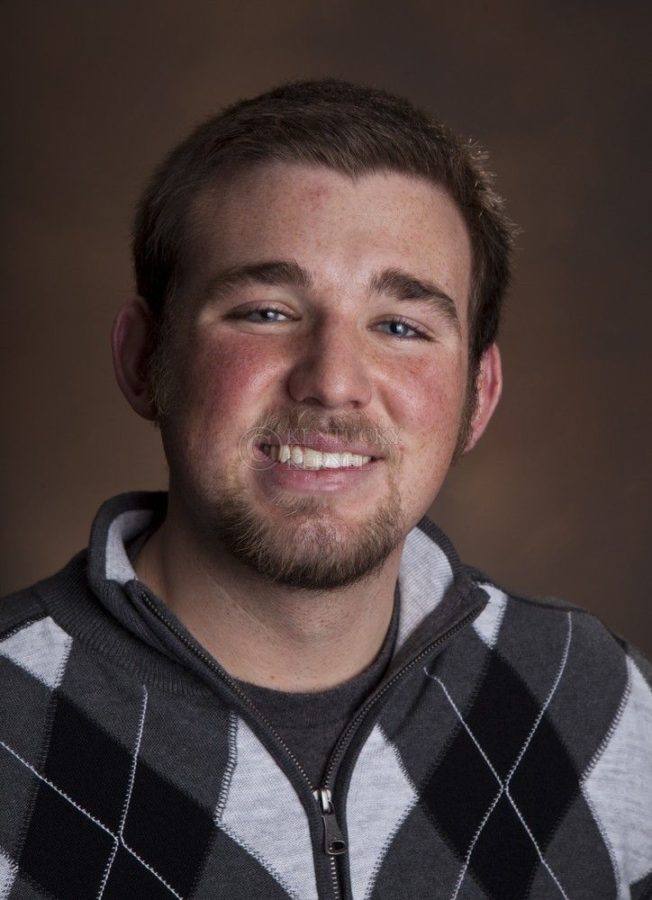In the face of overdoses, Ky. needs drug law reform
March 4, 2014
Kentucky’s flagship university may historically rank No. 1 in basketball wins, but the state ranks highly in something else, too — drug overdose.
The National Center for Health ranks Kentucky third in the nation for drug overdose deaths, with 23.6 deaths per 100,000 people in 2013. Drug overdose is the No. 1 cause of accidental death in the U.S., surpassing traffic accidents. Recent years have seen a phenomenal increase in the number of overdoses related to prescription medications, which are the leading cause of drug-related deaths along with heroin, the use of which jumped 650 percent in the past year, according to the Kentucky Office of Drug Control.
“The biggest problem is prescription drugs,” said UK Police Chief Joe Monroe, who acknowledged that heroin also leads to many cases of overdose.
The case of Stephen Cardiges back in 2012 is a prime example. Cardiges died in the back of a car while his two companions drove around Atlanta for hours rather than seek emergency medical aid, out of fear of being punished for their own drug use.
This case and others like it have led to 17 states and Washington, D.C., passing what’s known as “Good Samaritan” laws that grant varying levels of immunity to those who dial 911 when a friend overdoses rather than waiting to sober up.
Depending on the state, the laws also reduce restrictions on the use of the drug naloxone, which counters opiates like heroin in the case of an overdose.
According to research by the Centers for Disease Control and Prevention, at least 188 community-based overdose prevention programs now distribute naloxone, which has resulted in more than 10,000 overdose reversals since 1996.
Further research concludes that communities that had implemented the law had lower rates of opioid overdose than those that had not. Because many Good Samaritan Laws are still in their infancy, not much data on their effects exist, but what little does exist is promising.
Anonymous surveys by Seattle police and paramedics found that 88 percent of 355 opiate users polled — 96 percent of whom admitted to recent heroin use — said they would dial 911 in the case of an overdose after being explained Washington state’s Good Samaritan law.
Also worth noting is that Cornell University implemented a campus policy that resembles a Good Samaritan law back in 2002. This policy, known as Medical Amnesty Protocol, encouraged students to dial 911 in the case of alcohol-related emergencies.
The number of students seen in follow-up “psycho-educational intervention” sessions after overdose also jumped from 22 percent to 52 percent in the first two years of the policy’s enactment, showing students were far more likely to seek help when fear of punishment wasn’t an problem. The policy also led to an increase in the number of reported emergency calls from Cornell students in the event of an alcohol-related medical emergency, from 4.5 percent of students to 6.8 percent after the policy was enacted.
The Clinton Foundation has called prescription drug abuse the nation’s fastest-growing drug problem. It is especially common on college campuses, with many students using ADHD medications like Adderall.
“We know the research was done that shows that,” said Monroe, whose department is most watchful of this activity on finals week because students purchase ADHD medications for study purposes.
While Monroe and UK police continue to work hard combating drug abuse on campus, Kentucky needs to help them out by taking the initiative and enacting Good Samaritan policies. Our leaders shouldn’t take this issue lightly. We need a change in policy.























































































































































